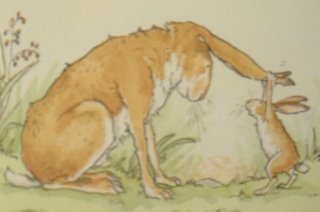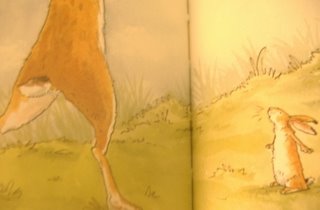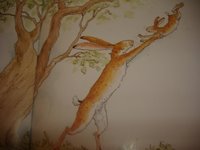Fingered
I recently represented Gun Free South Africa at a workshop organised by the CSIR. They are working on a vast research project that will examine violence in South Africa and hopefully impact on policy well into the future.
We were asked to share our ideas about what a safe and secure South Africa might feel / look like.
One response was: “Survive Alive”
Another: “You watch a little girl riding on a bicycle and a butterfly flits past. You have time to watch the butterfly because you are not worried about the little girl.”
Someone said they want to live in a society that has open doors and where her own front door is unlocked.
I thought about the “New Jerusalem” in Revelation. The image is one of a city built out of precious stones. Walls built with diamonds, rubies and the like would be beautiful, transparent and still functional. For me, that is my dream for SA; I look forward to the day when the structures of our society are life affirming (beautiful), not sinister (transparent) and work efficiently (functional).
Which raises a question (amongst others) of why Home Affairs needs my fingerprints when I apply for an ID book? What purpose does it serve to have my fingerprints?
Home Affairs says that its system is separate from the police (and I assume intelligence services) and is not used for finding people whose prints turn up on crime scenes. The HA fingerprints are used exclusively to establish the unique identity of each person.
But, by its own admission, HA is rife with corruption. It is relatively easy to procure an identity document. Apparently the manual system for storing and acquiring fingerprints is partly to blame for the ease with which crooks are selling fake identities. Why will a more complicated system change this necessarily? What is about fingerprints and computers that will make it harder for people to fake and steal identities any more than say, photographs or retinal scans?
Furthermore, while it is not impossible that two people with the same name could be born on the same day in the same place, surely the odds are stacked hugely in favour of this information creating a reasonably discreet individual identity without the hassle and expense of maintaining a technology intensive electronic fingerprinting archive.
Is the current system efficient? No. Will a new computerised be more efficient? Yes, but at what expense?
Is the system life affirming? No – taking my prints makes me feel like a criminal.
Is the system transparent? No. I think there are undeclared interests at play. At best, somebody stands to benefit from the investment in the new technology for a fingerprint database while holding out the carrot of incorruptibility. At worst, the assurance that fingerprints are used only for identification purposes is a lie.










